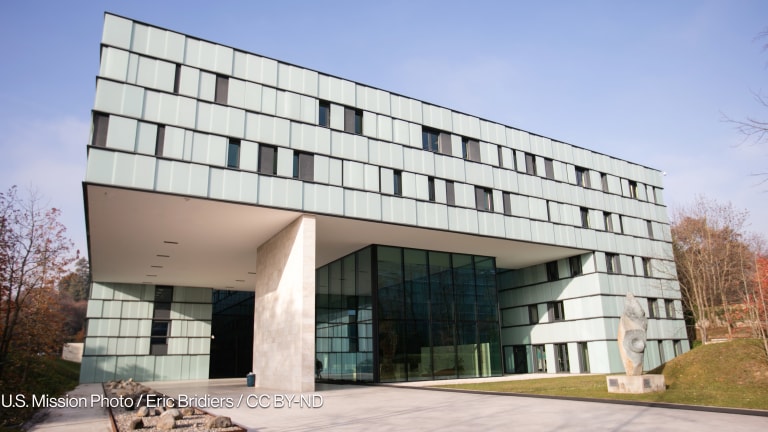
A former employee with deep roots in civil society is coming back to the Global Fund to Fight AIDS, Tuberculosis and Malaria. Will this reinvigorate relations between the funding institution and advocates which have a bit cooled lately?
Concerns over the Global Fund’s civil society engagement have emerged in the past year as reform efforts designed to make it more efficient and bring back donor confidence led to the demise of its civil society team and the downsizing of its country coordinating mechanisms.
Now, Kate Thomson, an HIV-positive individual who used to work for the fund back in its early days as manager of civil society relations, is about to lead a group of specialists whose role is to ensure Global Fund grants “support and expand gender equality, human rights, and [the] caling up of community-led services and policy dialogue,” said the fund’s Ibon Villalebeitia. The group is called the Critical Enablers and Civil Society hub.
To take on the role, Thomson will be temporarily leaving her position as chief of community mobilizations at UNAIDS.
Thomson has been vocal about her strong belief in involving civil society in every discussion, be it at the United Nations or otherwise.
“We need to look closely at what’s happening with the Global Fund right now … People living with HIV played an integral part in the creation of the fund and we need to ensure it keeps working with and for us,” she said in a speech before HIV and AIDS advocates last year in Washington, D.C. “And I mean for all of us, no matter which community we are from, or which region we live in … We must keep asking who gets funded and who receives services, and who is excluded. And why. And what we can do to change the status quo.”
According to Villabeleitia, civil society engagement is part of the fund’s founding principles. In fact, the new funding model has allowed the organization to increase the participation of civil society throughout the grants process, she said.
The fund acknowledges the importance of civil society in helping “identify programmatic gaps and intervention needs, particularly among women and girls, sex workers, people who use drugs, men who have sex with men, transgender people, people in prison, migrants, indigenous peoples and others who are particularly impacted by one or more of these three diseases.”
This was seen in practice recently, when the fund engaged civil society in country dialogues and concept note development processes in El Salvador and Myanmar, two of the early applicants under the organization’s new funding model, noted Jason Wright, the U.S. director of the International HIV/AIDS Alliance.
Still, that doesn’t take away the concerns about the disbandment of the fund’s civil society team and the downsizing of country coordinating mechanisms.
“It will be extremely difficult to effectively roll out the NFM [new funding mechanims] from the few early applicant countries to all recipient countries with so few staff with expertise and focus on civil society and CCMs [country coordinating mechanims],” he wrote in a commentary for Aidspan, an independent observer of the Global Fund. “The Alliance and other NGOs have committed themselves to supporting civil society engagement at the global and especially national levels, but we need the interlocutors to do so.”
Read more development aid news online, and subscribe to The Development Newswire to receive top international development headlines from the world’s leading donors, news sources and opinion leaders — emailed to you FREE every business day.








